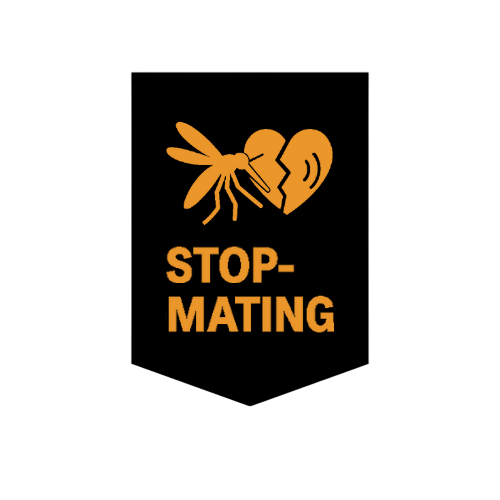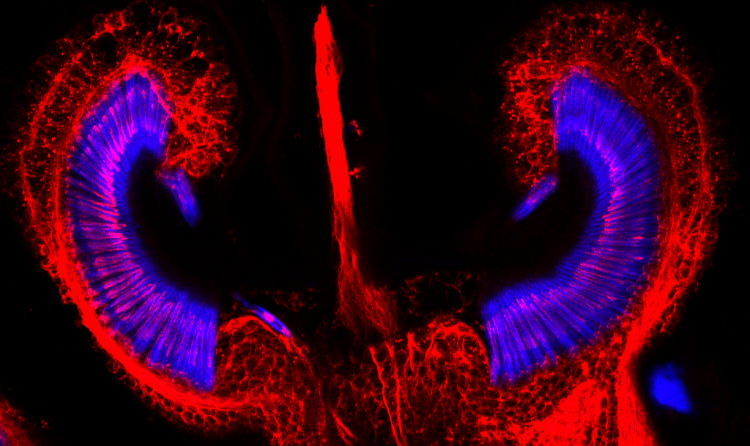
Spanish National Research Council (CSIC)
Dr. Marta Andrés, Principal Investigator. Send Email


The Spanish National Research Council (CSIC) is the largest public research performing organisation (RPO) in Spain, the fourth most relevant public institution in the European Union, and the sixth in the word. CSIC will act as coordinator of STOP-MATING. Marta Andrés’s lab at the Animal Health Research Centre (CISA-CSIC) investigates the molecular mechanisms that mediate mosquito audition and mating and explores new approaches to exploit these mechanisms for vector control. They have in place different methodologies to study mosquito audition and related behaviours. They will contribute to the project by analysing the phenotypes in audition and mating behaviour of the mosquito knockout lines generated along the project. They will also study the transcriptome of the tiger mosquito Aedes albopictus‘ auditory organ and will identify candidate genes to disrupt hearing in this species. To generate mosquito knockout lines, they will establish a microinjection facility at CISA-CSIC to generate transgenic mosquitoes that will be unique in Southern Europe. Moreover, they will contribute to the field studies that will take part along the project to analyse mating and swarming behaviour of natural malaria mosquito populations, and they will explore novel pharmacological approaches to disrupt mosquito mating for vector control.

The Spanish National Research Council (CSIC) is the largest public research performing organisation (RPO) in Spain, the fourth most relevant public institution in the European Union, and the sixth in the word. CSIC will act as coordinator of STOP-MATING. Marta Andrés’s lab at the Animal Health Research Centre (CISA-CSIC) investigates the molecular mechanisms that mediate mosquito audition and mating and explores new approaches to exploit these mechanisms for vector control. They have in place different methodologies to study mosquito audition and related behaviours. They will contribute to the project by analysing the phenotypes in audition and mating behaviour of the mosquito knockout lines generated along the project. They will also study the transcriptome of the tiger mosquito Aedes albopictus‘ auditory organ and will identify candidate genes to disrupt hearing in this species. To generate mosquito knockout lines, they will establish a microinjection facility at CISA-CSIC to generate transgenic mosquitoes that will be unique in Southern Europe. Moreover, they will contribute to the field studies that will take part along the project to analyse mating and swarming behaviour of natural malaria mosquito populations, and they will explore novel pharmacological approaches to disrupt mosquito mating for vector control.


Tasks
- Expertise on mosquito audition and mating behaviour.
- Molecular, physiological and behavioural assays to investigate mosquito neurobiology.
- New approaches for mosquito reproductive control.
- Microinjection facility to generate mosquito knockout lines.
- Insectary rearing different disease-transmitting mosquito species
